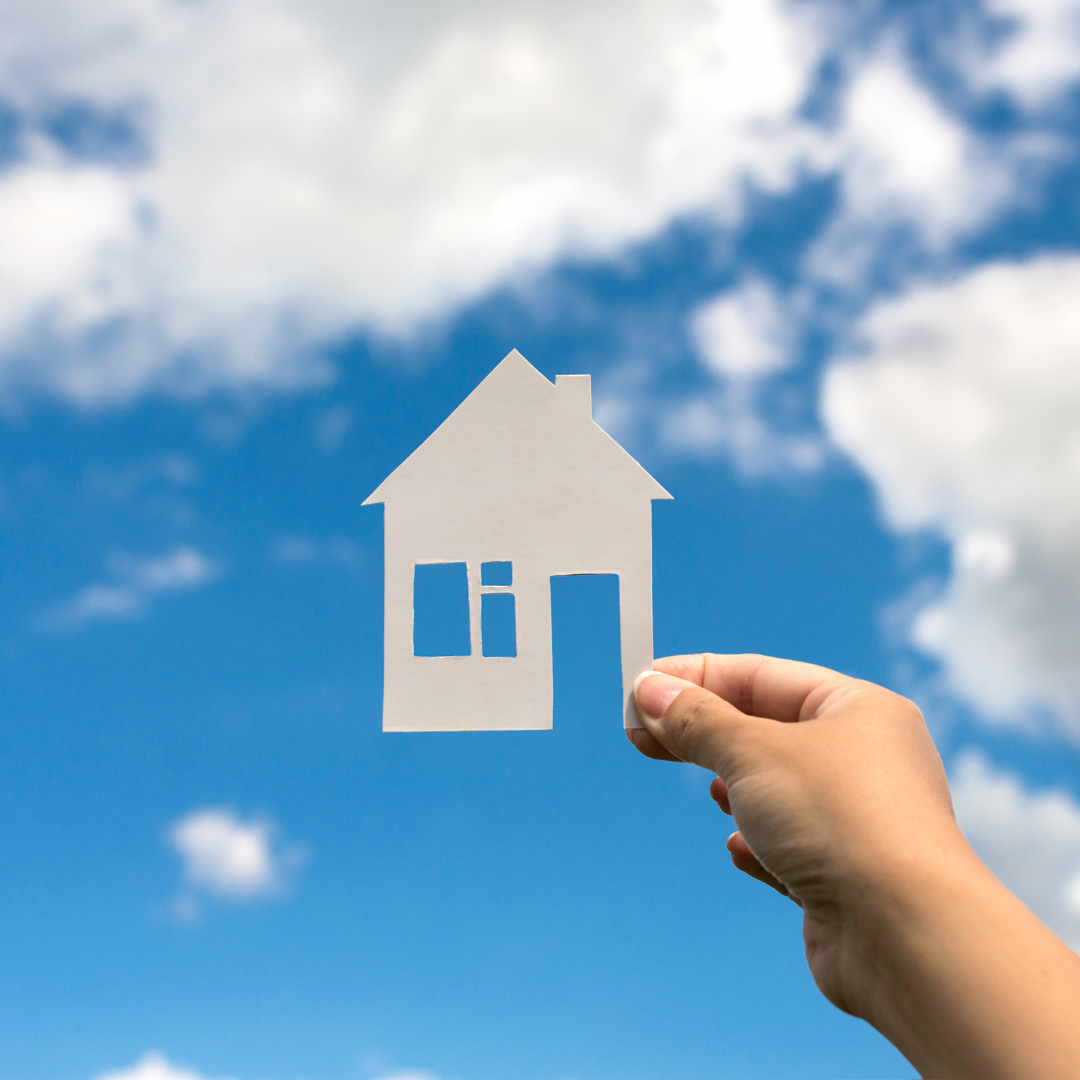A New Life in the Sun: Relocating to the South of France
A New Life in the Sun: Relocating to the South of France
By Keely Barrett

Have you always dreamed of owning a place in the sun? Recent lockdowns, travel restrictions, and even Brexit, have many people thinking that it’s now time to make that dream a reality and start a new life in a sunnier climate.
The South of France, renowned for its sun-soaked coastline, charming villages, and glamourous events, is so much more than a holiday destination and is a popular choice for families looking to relocate.
Whether you have decided to move here full time or want to test the waters with a holiday home, there are several points to consider to make your move successful.
Practicalities
The part you don’t necessarily see on TV. A new life in France means a new language. Luckily, the French Riviera is wonderfully international. So, if you’re fluent in French or a complete beginner, there are plenty of language schools and social groups for everyone. Professionally, it’s never been more acceptable to work remotely, but if you can’t bring your job with you, there can be English speaking opportunities in both Sophia Antipolis and Monaco. For families, there are plenty of options for international and bilingual schools, often a determining factor for the choice of town. There are also great Facebook groups available for local insights and information and meet ups to help you settle in.
Town or City, Coast or Country
The French Riviera offers a varied landscape and the first step in your property search is to do your research on the different towns and villages to decide where you want to be. If you aren’t too familiar with the region, it’s best to look into this before booking your home hunting trip, so you can focus on areas that really suit your requirements.
Rest assured, it’s completely normal to be unsure of where exactly you want to be. The question I usually ask my clients is how do you see yourself living in and using the property? If you want to be able to walk to shops, restaurants and beaches and have plenty of public transport options, you’re looking at a town or city lifestyle, in which case I’d suggest looking at towns such as Nice, Cannes or Antibes. If you want panoramic coastal views and easy access to Monaco; Villefranche, Beaulieu, and Èze are good options. If you feel a little unsure of your French language abilities and want to be in areas with more expats, Nice, Monaco, Antibes and Valbonne are particularly popular with anglophones. For families looking for more tranquility and space, a house with a garden and pool and good schools, you’re spoiled for choice with picturesque villages such as Valbonne, Mougins, and Biot.
Finding your dream home: the search
The exciting part! So, the search begins…but you may quickly feel confused by French property websites, especially given that properties are often mis-located, with limited photos and scant descriptions. Fortunately, many agencies here have access to large databases of properties as members of the various collaborative networks available to us in the region. To simplify the process, choose one agent that you trust and who you feel fully understands your search and most importantly, who has access to the right tools to be able to search virtually the whole market to find your ideal home. It’s worth taking your time to have a good conversation with your agent to fix your priorities, so they can align your project with the realities of the current market and find the perfect property for your needs. The advantage of this system is that your agent can act as your personal property finder, but as they are collaborating with their extensive network of local agents, you will not have additional finders’ fees to pay on top of the advertised price.
When fixing your budget don’t forget to account for notary fees. Purchasing taxes and legal fees are grouped together into an approximate 8% fee on top of your purchase price, so it’s important to include it in your initial budget.
Together with your agent, you can compile a list of properties to visit. Since 2020, virtual 3D visits and videos of properties are becoming more and more popular. This can be very useful, especially if you’re based abroad and have limited time for your search.
When it’s time to visit, take your time, let your agent guide you and ask any questions you may have. If you’re buying a second home and intend to rent the property when you are not using it, make sure to check that this type of rental is permitted in the building. Airbnb rentals can be extremely successful here but are sometimes less popular with local neighbours.
It’s quite common to visit a property more than once. I often recommend seeing a property at different times of day. Within a city, walking past in the evening and getting to know your new neighbourhood is a great idea. As far as negotiation is concerned, this needs to be carefully considered for each individual property. While we all like to negotiate, in some cases, properties are very well priced by the listing agent and it’s not uncommon for properties to sell at asking price, particularly in Nice, where there can be a lot of competition for desirable properties.
The next steps
So you’ve found the home you’ve been dreaming of and the sellers have accepted your offer. Great news, but there are quite a few more steps to go. The process can be a little long. It feels especially so if you can’t wait to move in! All sales in France are handled by public notaries, and you are free to appoint the notary of your choice. There are several English-speaking notaries in the region, which can be particularly reassuring for first-time French property buyers. Now is the time to take full advantage of your agents’ recommended contacts. Notaries, mortgage brokers, builders, FX brokers, your agent will likely have some useful contacts to help you along the way.
The notary will prepare a pre contract or compromis de vente for both parties to sign and you’ll have a deposit to pay. They carry out all the necessary legal checks on the property. Providing everything is on time, the process should take anywhere between 2-4 months. If you can’t travel to France during the process, it’s not a problem, many notaries are now equipped for remote signings via video link and with power of attorneys.
Where possible, it’s good to visit the property again during the process if you plan on doing any renovation or interior design work. This way you’ll have the quotes and can even book in workmen, so you can get started quickly once you complete.
On the day you complete the sale and sign the final contract or acte authentique, you’ll receive the keys and you are officially owners of your new French home – time to pop the champagne and toast to your new life in the sun!
Author: Keely Barrett is an international real estate consultant on the French Riviera. Contact: keely@nicehomes.fr


